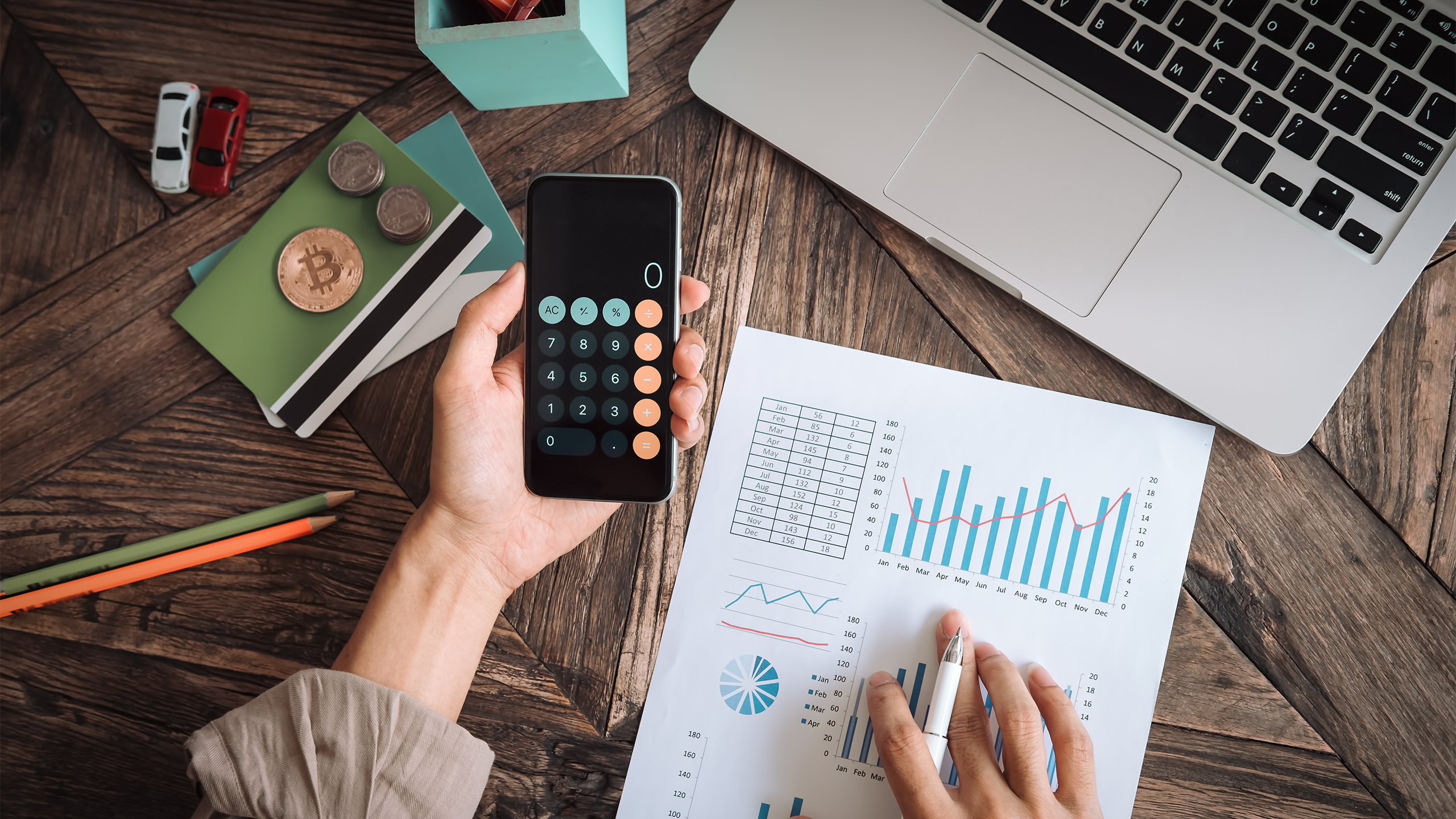When considering the idea of going solar and investing in solar panels, one of the first questions that typically pops up is whether they're worth it. Will they function well in adverse weather conditions? Will you see financial gains from this investment? Will they reduce your reliance on the traditional power grid? Could your energy bills decrease? And perhaps most importantly, will they boost the resale value of your home? These are just a few of the numerous concerns that might arise when deciding to take the leap into solar energy. Keep reading, as we aim to address some of these queries and provide clarity on why solar panels can indeed be a smart financial move in the UK.  There's a common misconception that solar panels don't perform well in the UK due to its frequently cloudy and rainy weather. Many mistakenly believe that solar panels require a scorching climate to operate effectively. While it's true that solar panels need sunlight to function, they don't necessarily need blistering heat. In fact, extreme heat can sometimes cause solar panels to overheat and lose efficiency. What they truly require is daylight—not necessarily bright sunshine. Solar panels can still generate electricity even on overcast days, provided they receive sufficient daylight. Clouds won't entirely block out the sun's rays, so as long as your panels are positioned correctly, they'll continue to work efficiently. Ideally, your panels should be mounted on a rooftop at a 35-degree tilt to maximize sunlight exposure. Ensure that there are no obstructions like trees or branches blocking the sunlight, and try to position them facing southward to capture more daylight. Regular cleaning and maintenance are crucial to keeping your panels in optimal condition. Follow these guidelines, and there's no reason why your solar panels can't continue to produce energy even on the dreariest days.  If you're curious about how solar panels handle nighttime, rest assured that there's no issue here. By investing in a battery storage system, you can store excess energy generated during daylight hours. This stored energy can then be used during the night or on cloudy days when sunlight is scarce. Additionally, if you're part of a net metering program, any surplus energy you generate will be credited by your energy provider. This means that unused electricity will reduce your energy bill, providing you with further savings. Ultimately, solar panels can help cut down on your energy expenses, which is particularly beneficial given the current rise in energy prices.  The upfront cost of installing solar panels should be viewed as an investment in both the future and the planet. Solar panels not only save money but also contribute to reducing reliance on fossil fuels and lowering your carbon footprint. With growing awareness of environmental issues, solar panels have become an increasingly attractive option for many homeowners. Over time, solar panels can yield significant financial benefits. Most systems come with a lifespan of 25 to 30 years, and within just a few years, you'll likely begin to see returns on your investment. The cost of the panels will eventually pay for themselves, and you may even receive discounts from your energy provider. Additionally, you'll rely less on the national grid, offering greater energy independence. Consider exploring solar panel incentives such as the Smart Export Guarantee (SEG). This program allows energy companies to set their own rates for exporting excess energy, potentially increasing your savings. By participating in the SEG, you can further reduce your dependence on the grid and shorten the payback period for your solar panels.  Before deciding if solar panels are right for you, it's important to assess your household's energy needs. A single-person household will likely require fewer panels than a larger family with multiple appliances. On average, each solar panel generates about 250 watts of power every four hours of direct sunlight. Consider the available roof space and the number of appliances you use regularly. While solar panels are excellent for powering household devices, they may not fully replace traditional energy sources. Installing fewer panels might seem cost-effective initially, but it could limit your long-term savings potential.  In addition to saving money, solar panels can enhance your home's market appeal. As environmental concerns grow, more buyers are seeking eco-friendly features. Having solar panels installed can make your property stand out and attract environmentally conscious buyers. Moreover, with energy costs skyrocketing, prospective buyers are increasingly prioritizing homes that offer energy-efficient solutions. Investing in high-quality panels can even increase your home's resale value, making it a worthwhile consideration for homeowners planning to sell in the future.  As you can see, solar panels are a practical and forward-thinking investment. If you have further questions or are ready to embark on your solar journey, feel free to reach out today. The future of energy is here, and it's time to embrace it! Ultrasonic Lace Machine Equipment,Non-woven Cutting Machine Equipment,Garment Pleating Machine Changzhou shanglai automation equipment co., ltd , https://www.slautomate.com
Can Solar Panels Function in Bad Weather?
What Happens at Night?
A Smart Investment
How Many Solar Panels Do You Need?
Will Solar Panels Increase Your Home's Value?